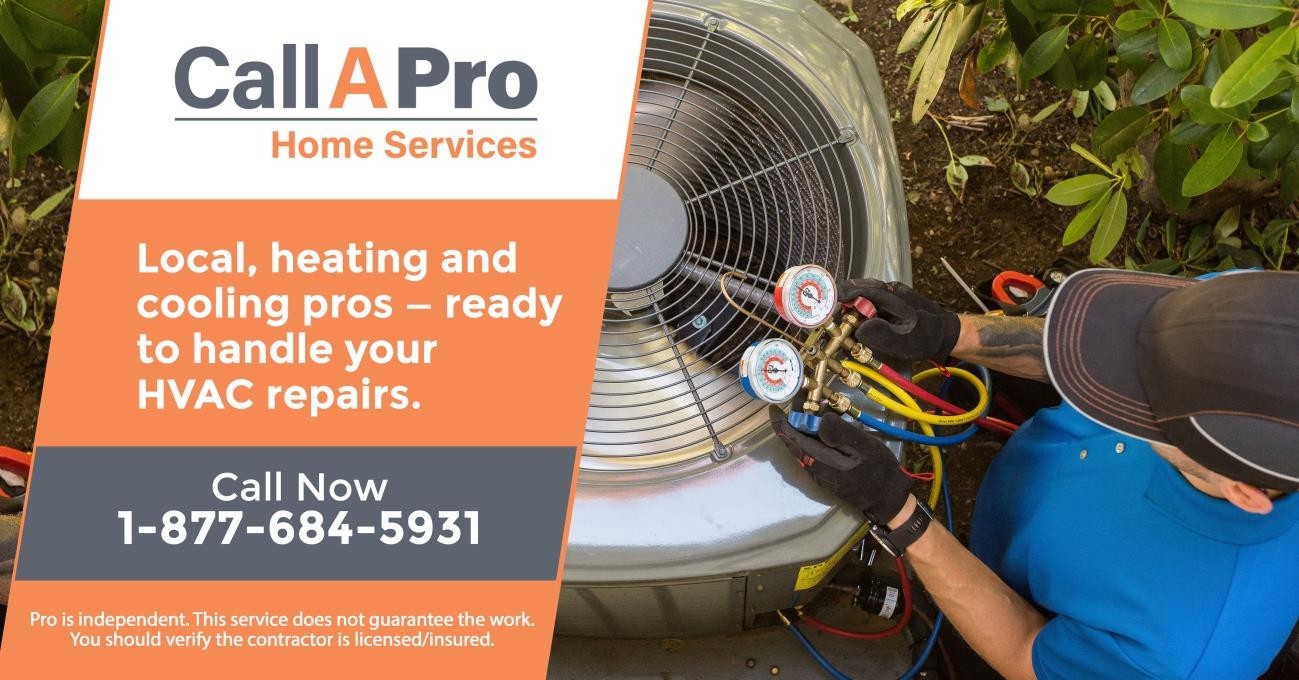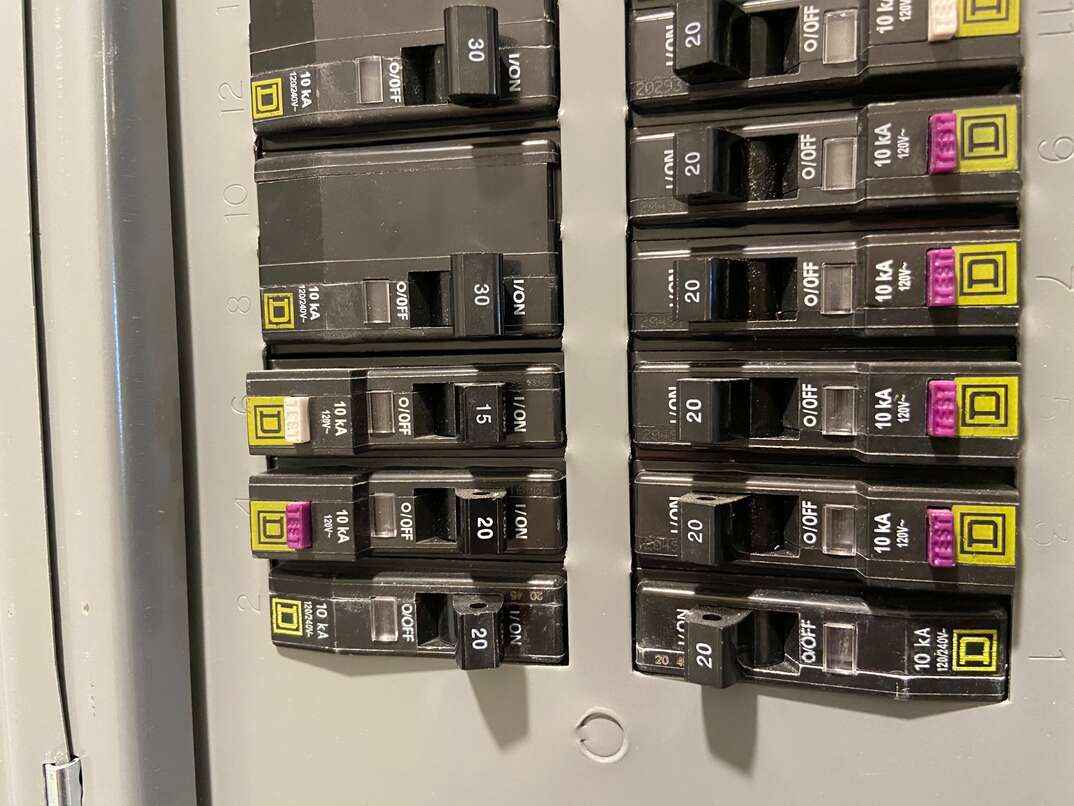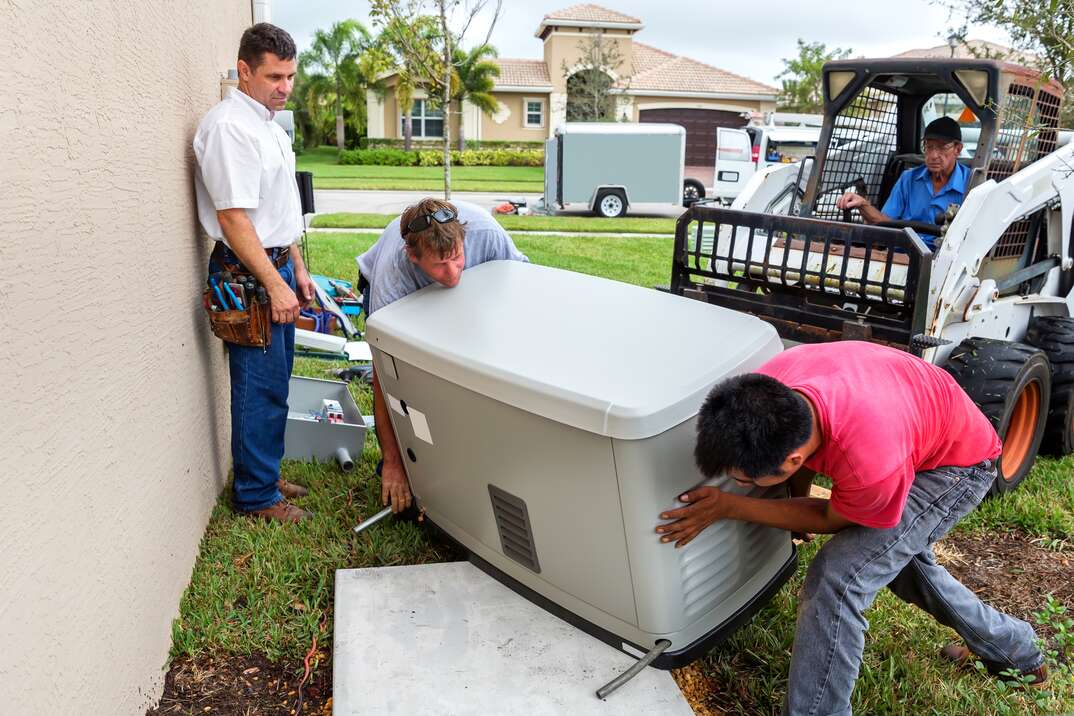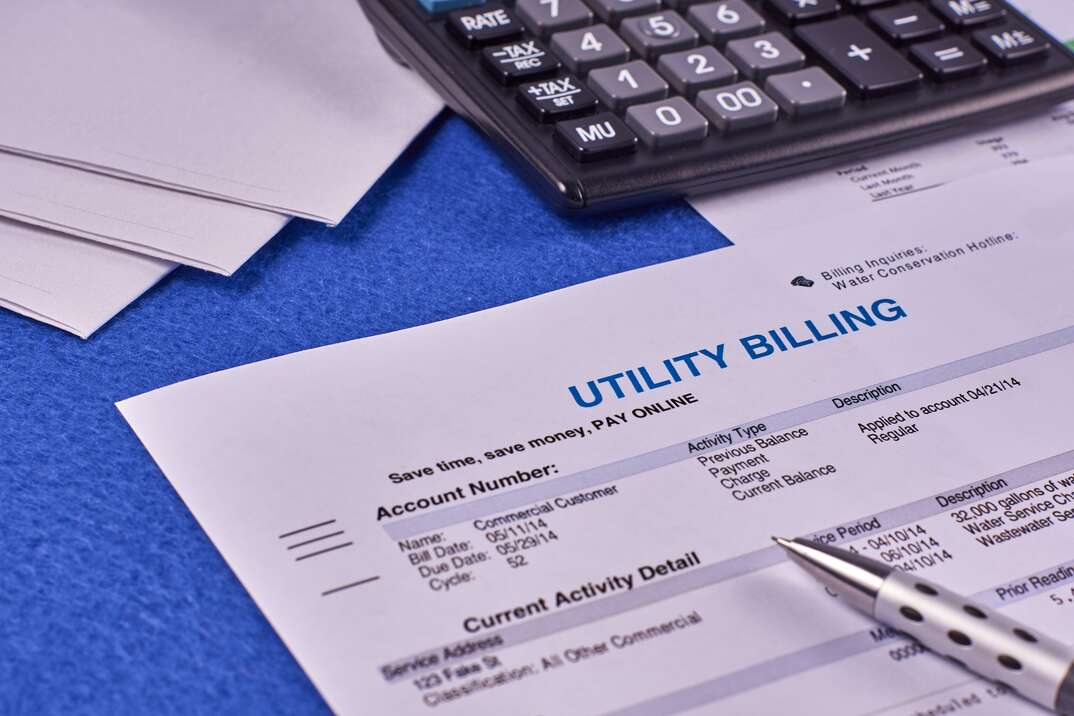How Much Does a Home Generator Cost?
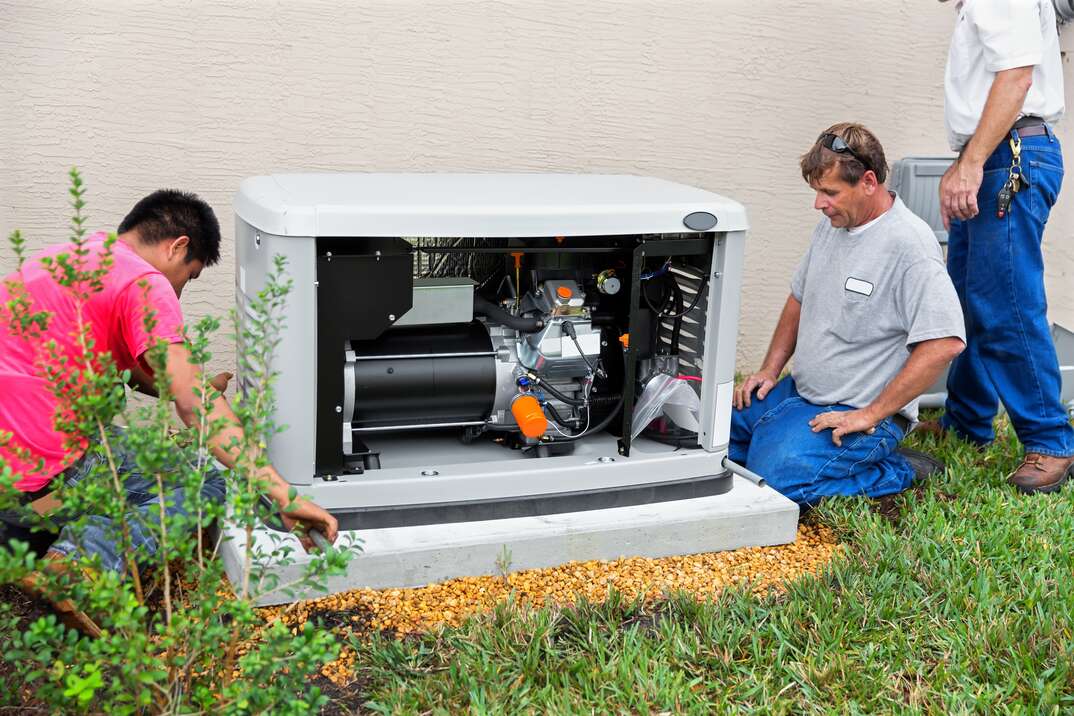
Home Generator Costs at a Glance
- Whole house generator: $1,000-$10,000
- Portable generator: $400-$1,000
- Inverter generator: $500-$4,000
- Standby generator: $3,000-$6,000
- Small, portable home generators: $130-$400
- Generac-brand standby: $1,949 and up
- Generac portable: $439 and up
- Generator installation: $400-$9,500
- Transfer-switch installation: $500-$900
- Protective Canopy: $100-$200
A power outage can occur any day of the year, so you need to be prepared for keeping your household running. Home generators, especially those that deliver high wattage, make your life easier during blackouts. You can charge your smartphone and prevent the food in your refrigerator from spoiling with the right home generator.
This May Also Interest You: The 411 on Home Generators
Read on for our comprehensive guide to pricing and associated costs of a home generator.
Home Generator Cost
The cost of a home generator varies widely because there are different sizes available. At the small end of the spectrum, you're looking at $400 for a generator that can power your lights and charge your smartphones and laptops. You need to check how many operating watts a house generator has in order to determine exactly what it can power without becoming overloaded. An overloaded generator will fail, so it's critical that you calculate how much power your home's devices use before buying a generator.
Make a list of what you want to be able to use during a power outage and make note of how many watts each item draws. You should also create a separate list of everything you would use simultaneously in order to figure out how many watts you need. For example, your biggest power usage at any point may be all the bedroom lights, the refrigerator, the hot water tank and electronic-device charging. Don't forget to factor in your heating and cooling system if you want the ability to use it during a power outage.
The most important appliances to power during a power outage are sewage pumps, sump pumps, refrigerators and heating systems. That means you’ll need to make sure the generator you buy is powerful enough for starting and running these appliances.
When choosing a home generator, another important factor to remember is that some appliances tend to have higher starting watts than running watts. A refrigerator may only need 700 watts to run, once it has been started — but starting it up in the first place may take 2,100 watts. So, your generator would need to be at least 2,100 peak watts to handle starting the refrigerator.
Whole Home Generator Cost
Whole home generators are either portable or standby models. Portable whole home generators can be moved on wheels, while standbys are permanently installed in one place. Whole house generator costs range from $1,000 to $6,000 on average. Prices can be as high as $10,000, but you don't need to spend that much to get a good whole home generator. On the other hand, if you have the budget and want the best of the best, you may find that an expensive standby generator suits your needs.
The typical home requires a 5,000-watt generator to power the basics. Not all portable generators are powerful enough to handle that electrical load, but many are. Portable generators typically range from 3,000 to 8,500 watts and cost $400-$1,000. You can find some at a higher cost and higher power, too.
A word on safety: Never use a portable generator inside your home, garage or any other enclosed space. Doing so is a carbon monoxide poisoning risk. These generators need to be set up at least 20 feet away from your house with the exhaust pointed away from structures, including neighboring houses.
Inverter generators are also portable, but they’re slightly more expensive than conventional portable generators. They typically cost $500-$4,000. Inverter generators are more expensive than conventional portable generators because they don't constantly operate at full power. They adjust based on demands. Inverter generators are also quieter and lower-emissions than conventional portable generators. Despite the reduced emissions, however, you still need to follow the same safety protocols.
Regardless of what type of portable generator you get, you need to also buy a canopy to protect it during rainy weather. The canopy needs to be compatible with the generator, as well. Remember to factor in this cost when you compare prices. A generator canopy may cost $100-$200.
Some generators can run alongside another, but it's usually more cost-effective to just buy a generator with the full wattage you need. Check with the manufacturer if a model can be “parallel run” and, if so, with which specific models. For the generators that can be parallel run, they can usually only be safely parallel run with the same model. Inverter generators tend to be compatible for parallel running.
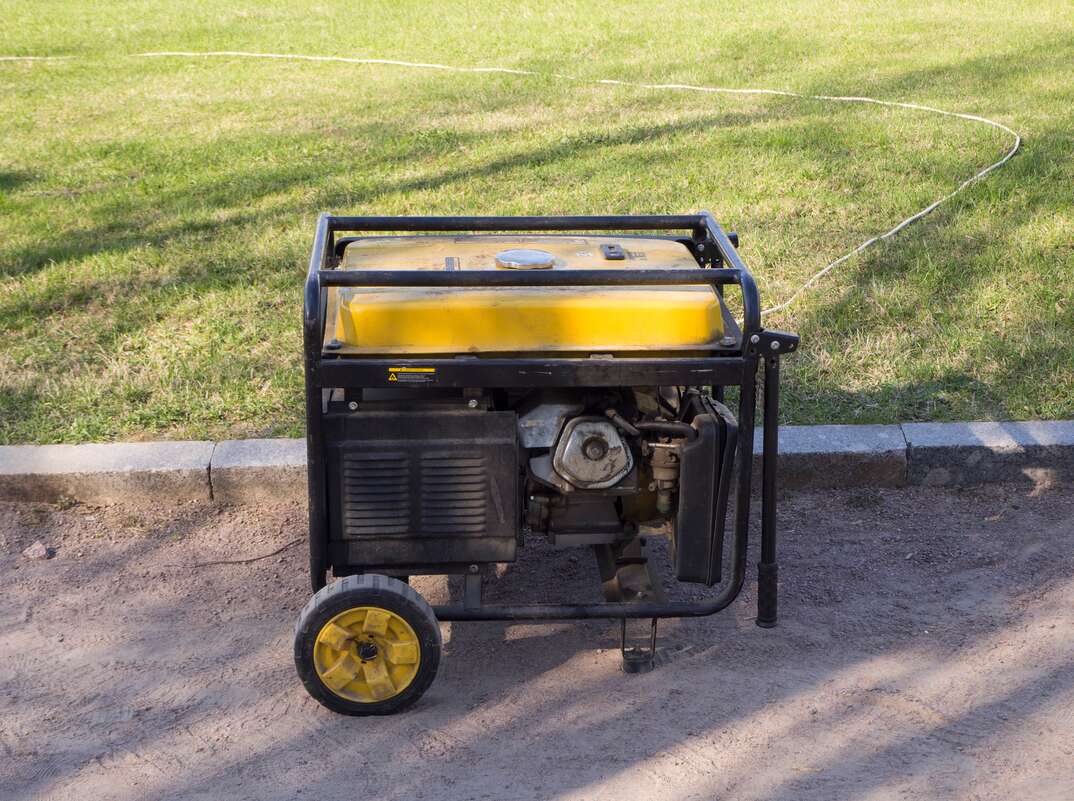
Standby and Backup Generators
Standby and backup generators sound like they would be the same, but they’re different. A standby home generator automatically starts when it detects a power failure, and then reconnects you to utility power when it's working again via an automatic transfer switch. Standby home generators need to be installed by an expert whole house generator installer.
Most standby generators exercise themselves routinely to stay in good condition. They run for about 12 minutes to lubricate the engine and run diagnostic checks. These generators can also charge their own batteries. Fuel choices for standby generators include propane and natural gas. Check the model to know what type of fuel is compatible with it. Home standby generators deliver 5,000-20,000 watts, depending on the model you buy. The average cost of a home standby generator is $3,000-$6,000.
Backup generators, in contrast, need to be manually started and stopped when there's a power failure. For example, portable generators are backup generators. Some of them have a button that makes it easy to start and stop. Others have a pull-crank handle like on old lawnmowers. You can set up a portable generator on your own, but make sure you read the user manual entirely first and meticulously follow the guidelines for your safety.
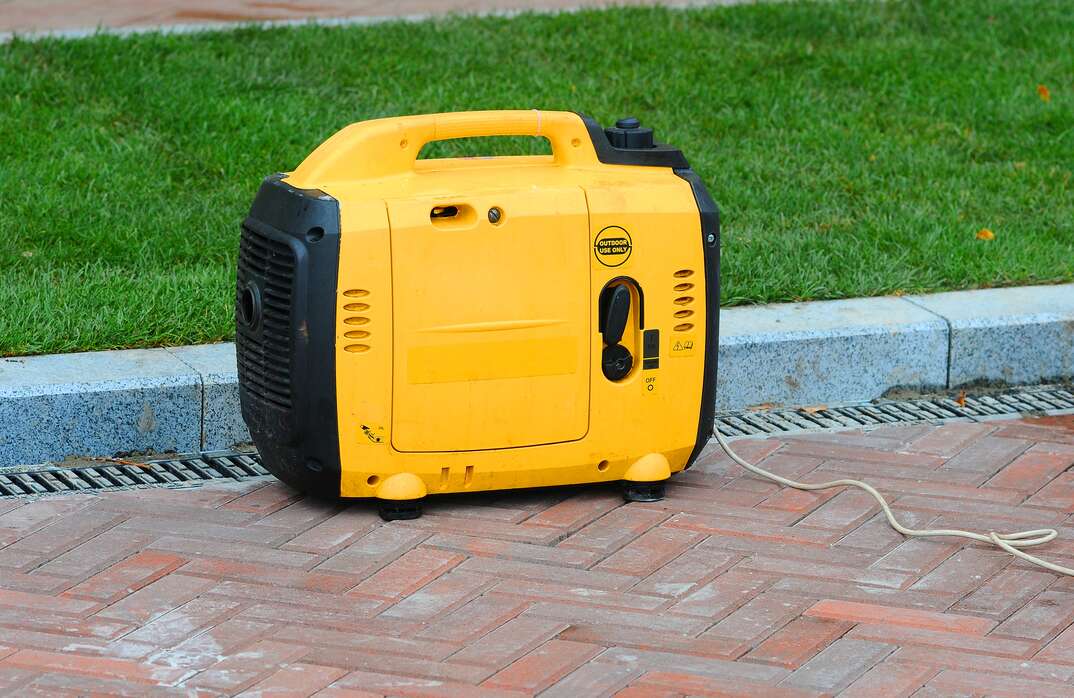
Small, Portable Home Generators
The smallest portable generators are usually intended for camping use — though you could use them to charge your smartphones and laptops. They range from 900 to 2,000 watts. Small portable generators cost $130-$400. If the whole house generators you've looked at are out of your budget, a small portable generator can be good to have on hand for emergencies until you've saved up enough for a more powerful model.
Generac Prices
Generac is a popular brand of generators. The starting price for a Generac home standby generator is $1,949. You can monitor your Generac generator through the company’s Mobile Link app. These generators connect to your home's natural gas or LP (liquid petroleum) fuel supply, so you don't need to manually refill them. A Generac standby generator doesn't require an extension cord to be run through your window or door like with a portable generator.
The cost of installing this brand of standby generators depends on local building codes, the size of the generator and installation considerations. Installation is cheaper when the electric meter and the gas meter are on the same side of your house.
Portable generators from Generac start at $439 and deliver 3,300 watts. They're more powerful than typical portable generators. Common features of portable Generac home generators include:
- Large-capacity fuel tanks
- Electric start
- Low-oil pressure shutdown
- An hour meter
- Idle control
- A hardened steel tube cradle
- An integrated lifting eye
Large-capacity fuel tanks can hold more than 3.3 gallons. A 12-gallon tank provides 32.4 hours of runtime at 50% load. The Generac GP3300 49 ST, one of the brand's cheapest options, has a 3.3-gallon tank and delivers 3,300 watts.
Electric start is a recommended feature that makes it easier to use a generator. You want others in your household to be able to start it. Pull-start models require arm strength that not everyone has.
Low-oil-pressure shutdown is another important feature in a generator to protect it from damage when it runs out of oil. An hour meter monitors when your last maintenance check was. Idle control helps you conserve fuel and reduces noise from the generator.
Generators equipped with a steel cradle are more durable, while an integrated lifting eye makes it easier for you to transport the generator. Generators can be quite heavy, which is why the heavier models are on wheels.
Home Generator Cost by Type
In summary, you have three basic types of generators to choose from to provide backup power for your home during outages: portable, inverter and standby. You can further break these categories down by fuel type: gasoline, natural gas, liquid propane, diesel and solar. Gasoline and liquid propane generators tend to be the least expensive.
Here’s how price ranges break down by fuel type:
- Gasoline: $500-$3,000
- Natural Gas: $1,900-$5,000
- Liquid Propane: $500-$6,000
- Diesel: $3,000-$15,000
- Solar: $300-$5,000
Home Generator Installation Cost
You'll likely have to pay around $1,000 to have a standby generator installed. The cost to install a whole house generator has a wide range of $400-$9,500. It depends on the generator's size and the existing structures of your property as well as where you live. You can get price quotes for your area for a more accurate idea of how much it will cost to have a standby generator installed.
Installing a standby generator isn't a task you want to do yourself. It requires an expert generator installer, as working with gas supplies and electricity can be dangerous and, therefore, not suited for a DIY endeavor.
Why does it cost so much to have a home standby generator installed? Several additional costs beyond directly hooking up the generator are required if you don't have these existing structures:
- Creating a concrete pad for situating the generator
- Installing a fuel tank or connecting to existing utility lines
- Upgrading the electrical panel
- Installing a transfer switch
- Obtaining permits and permissions
- Acquiring the materials and equipment for installation.
Given all this extra work, it may be easier to see how costs add up to $1,000 or more.
You need a transfer switch or an interlock device to use a home generator of either type. An expert electrician can install these items if you don't already have one. Labor costs for a transfer switch are $500-$900.
A transfer switch provides a safe connection between your generator and the circuit panel. If you don't have a transfer switch, it can cause damage to the generator and appliances in your home — not to mention danger for utility workers.
Frequently Asked Questions
Here are the answers to some common questions about installing a home generator:
How Big a Generator Do I Need to Run a House?
This is a difficult question to answer without knowing how large your home is and what appliances you need to run on the generator during a power failure. You can get an accurate price quote from an expert whole house generator installer; receiving an estimate is usually free. You can also perform the calculations we explained above to determine what size generator you need.
Most households can run their critical equipment on 5,000-7,500 watts. For running a whole house more smoothly, you may be looking at more than 7,500 watts.
While you're checking your appliances to see how many watts they take to start and run, you may find that they state their amps but not watts. You can calculate watts from amps by multiplying the amps by the volts.
Is a Whole House Generator Worth It?
Yes, a whole house generator is worth the money regardless of where you live. Unexpected situations happen, and you don't want to be taken by surprise by a rare long power outage. You should have a generator for backup power whether it's a portable model or a standby model.
Power outages can happen on the hottest or the coldest day of the year. Having a generator powerful enough to start and run your air conditioning and heating systems is worth it. Whole house generators help keep you safe and comfortable.
Houses tend to heat up significantly more than the outdoors on hot summer days, so don't underestimate how hot and humid it can get inside the house without air conditioning. Humidity makes temperatures feel hotter than they really are. High humidity is harmful to your health and can damage your home through wood rot and mold.
Do you hate having to throw out food after a power outage? Food can only last around four hours in the refrigerator and 48 hours in the freezer during a power outage. A whole house generator can keep your refrigerator running so that you don't let your food go to waste.
If your home has a security system, it's also worth powering with a generator to protect your household from intruders.
What’s a Good Generator for Home Use?
There are plenty of good generators for home use with trusted brands, including Generac, Champion and Durostar. They’re cost effective, powerful and of excellent quality. Some of the best generators for home use include:
- Durostar DS10000EH ($1,100)
- Westinghouse 7,500-Watt WGen ($825)
- WEN 2,000-Watt 56200i ($420)
- Champion 3,800-watt Dual-Fuel Generator ($643)
The Durostar generates 10,000 peak watts and 8,000 running watts. It can take either gasoline or propane and has a large fuel capacity of 8.3 gallons. The generator also shuts off automatically when the oil is low. It's a great deal for the price if you want a powerful generator without the installation costs of a standby generator.
If loud noises bother you, then you'll want to choose from generators that are designed for quieter operation. Good generators that aren't as loud include:
- Wen 2,000-Watt 56200i ($420)
- Honda EU2200i Super Quiet Portable Generator ($1,049), which operates at 57 dbA on the rated load
A home generator is a wise investment for having backup power available when you need it. You don't need to spend a fortune on a good generator either. Quality standby generators are available for $1,900 with an estimated installation price of $1,000-$4,000. Powerful portable generators are available at $400-$1,000.
HomeServe has its Gas Line Plus plan to help protect you from costly gas line repairs. This is recommended if you plan on using your gas line for your generator. The plan includes a 24-hour repair hotline and a one-year guarantee on covered repairs.
